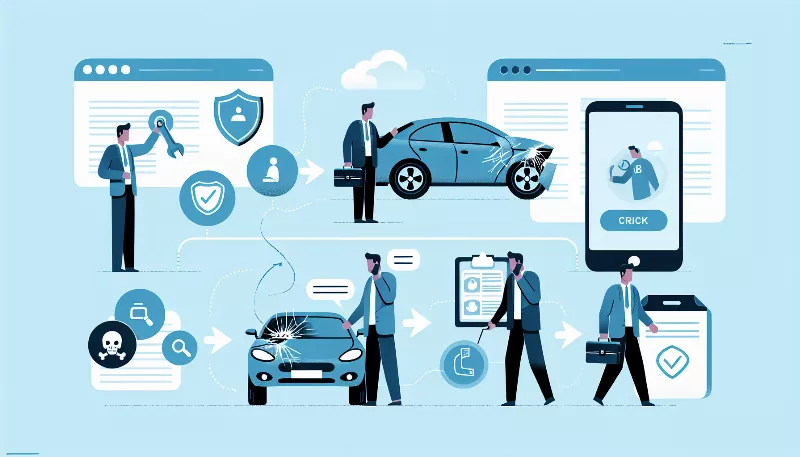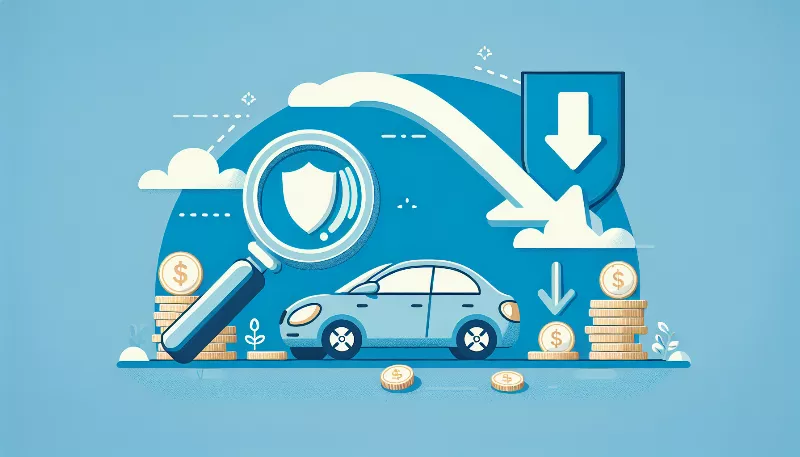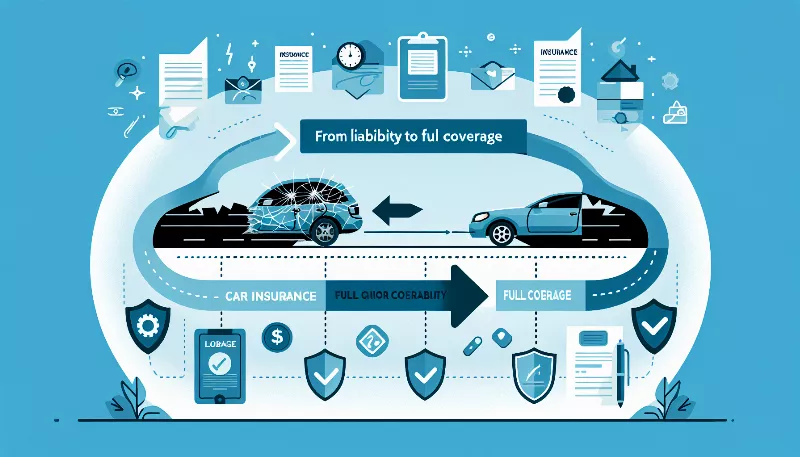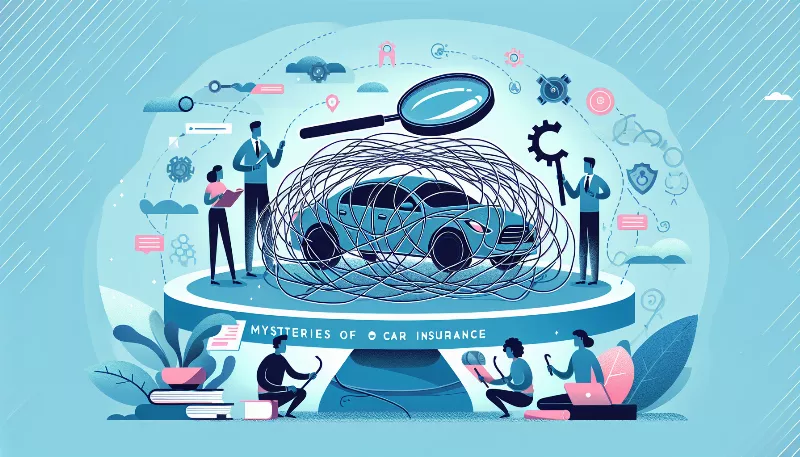What is the difference between collision and comprehensive coverage?
Discover the key differences between collision and comprehensive car insurance. Protect your vehicle against accidents, theft, and more with the right coverage.
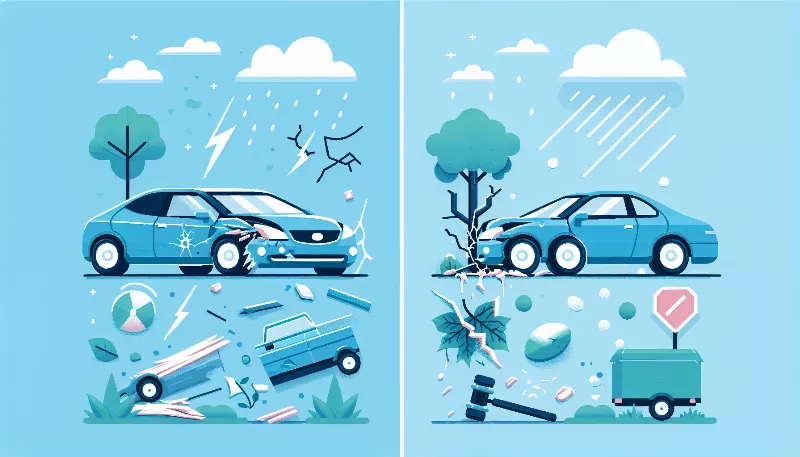
Understanding Your Auto Insurance: Collision vs. Comprehensive Coverage
When it comes to protecting your vehicle, knowing the ins and outs of auto insurance can be a game-changer. Two key components that often cause confusion are collision and comprehensive coverage. Both play crucial roles in safeguarding your car, but they serve very different purposes. Let's buckle up and dive into the exciting world of auto insurance to clear up the differences between these two types of coverage!
The Protective Shield of Collision Coverage
Imagine you're driving through town, and suddenly—bam! You're involved in a fender bender. This is where collision coverage comes into play. It's like having a financial safety net that catches you when accidents happen. Collision coverage is specifically designed to cover the cost of repairs to your vehicle if you collide with another car or object. Whether you hit a lamp post, a guardrail, or another vehicle, collision coverage has got your back.
But here's the kicker: collision coverage is not mandatory by law. It's an optional add-on that can be a lifesaver for your wallet, especially if you're driving a newer or more expensive vehicle. Without it, you could be left covering the full cost of damages out of pocket, and that's no joyride!
The All-Encompassing Umbrella of Comprehensive Coverage
Now, let's shift gears and talk about comprehensive coverage. This type of insurance is like an all-encompassing umbrella that protects your car from a variety of non-collision events. Think of it as your car's guardian against the unexpected. Comprehensive coverage steps in when your vehicle is damaged by things like natural disasters, theft, vandalism, or hitting an animal. It's the coverage that has your car covered when Mother Nature goes wild or when misfortune strikes in the form of a stolen stereo.
Just like collision coverage, comprehensive coverage is optional. However, if you're leasing or financing your car, your lender may require you to have it. It's a way to ensure that their investment—and yours—is protected against a wide range of risks.
Collision and Comprehensive: A Dynamic Duo
While collision and comprehensive coverage are distinct, they complement each other to provide a full spectrum of protection for your vehicle. You can think of them as the dynamic duo of auto insurance. Having both coverages means you're prepared for a multitude of scenarios, from accidents to acts of nature. It's like having a superhero team on your side, ready to defend your car from whatever life throws its way.
In summary, collision coverage is your go-to for crash-related repairs, while comprehensive coverage shields your vehicle from other types of harm. Together, they offer peace of mind and comprehensive protection for your beloved set of wheels. So, when you're reviewing your auto insurance options, consider how these coverages can benefit you and drive confidently knowing you're well-protected!

